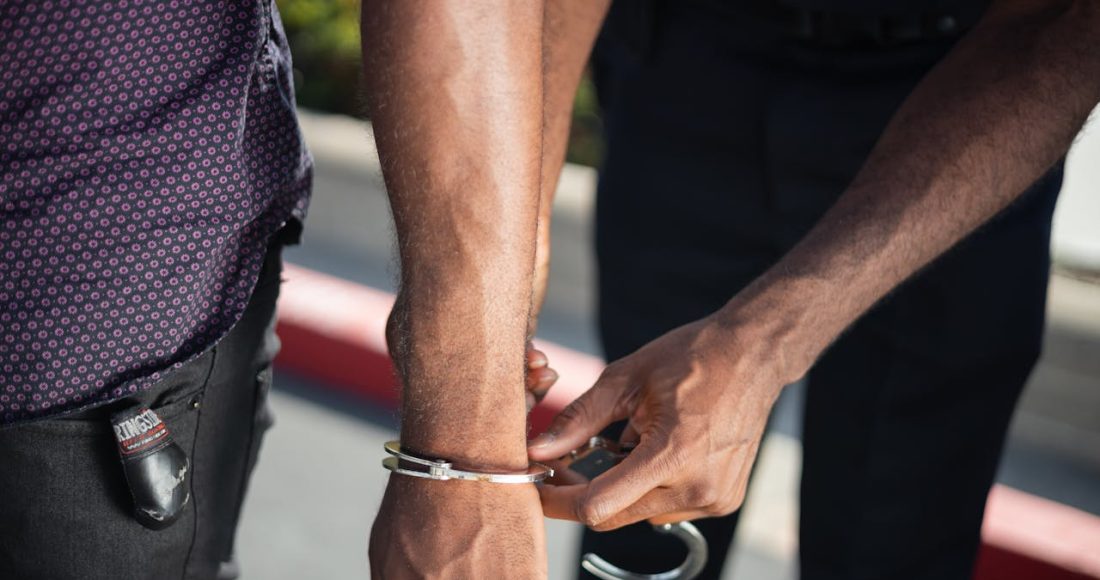Table of Contents
- Myth 1: Fugitive Recovery Agents Are Bounty Hunters
- Myth 2: Fugitive Recovery Agents Operate Outside the Law
- Myth 3: The Job Is Similar to What You See in Movies
- Myth 4: Fugitive Recovery Is a Solo Endeavor
- Myth 5: The Process Is Always Violent
- Myth 6: It’s an Easy Way to Make Money
- Myth 7: Only Men Can Be Fugitive Recovery Agents
- Myth 8: Fugitive Recovery Agents Can Arrest Anyone
Myth 1: Fugitive Recovery Agents Are Bounty Hunters
One common misconception is that fugitive recovery agents are simply modern-day bounty hunters. While they do share some similarities, there are significant differences between the two roles. Fugitive recovery agents are often licensed professionals who work within the legal system to apprehend individuals who have skipped bail. This contrasts the image of bounty hunters portrayed in media, which can be sensationalized and exaggerated. Licensed agents undergo rigorous training to understand their actions’ legal implications and ensure they operate within set guidelines.
Myth 2: Fugitive Recovery Agents Operate Outside the Law
Another myth is that fugitive recovery agents operate outside the boundaries of the law. In places like North Carolina, there is a need for trained professionals in fugitive recovery North Carolina is crucial for ensuring that the legal obligations are met without resorting to the Wild West tactics often associated with bounty hunters. In reality, these professionals must adhere to strict legal guidelines and regulations. They work closely with law enforcement agencies to ensure their actions are lawful and ethical. For more information, check out this detailed explanation by ABC News on the role and regulations of fugitive recovery agents. These legal frameworks ensure that fugitive recovery is conducted in an organized manner, maintaining public safety and the integrity of the judicial process. They often require bondsman’s licenses and must undergo continuous education to keep up with changing laws and ethical guidelines.

Myth 3: The Job Is Similar to What You See in Movies
Popular culture and movies often dramatize the life of fugitive recovery agents, making it seem like a non-stop action thriller. However, the reality is quite different. The job involves extensive research, surveillance, and patience. It’s not always high-speed chases and adrenaline-fueled confrontations. To better understand the true nature of this profession, read this insightful piece from CNN. Much of the work involves reviewing records, conducting interviews, and strategically planning operations. The excitement depicted in films rarely aligns with real-life fugitive recovery’s meticulous and often tedious nature.
Myth 4: Fugitive Recovery Is a Solo Endeavor
Contrary to popular belief, fugitive recovery is typically not a solo job. Agents often work in teams to ensure safety and increase the likelihood of a successful apprehension. Teamwork is essential in coordinating efforts, sharing information, and providing backup during potentially dangerous situations. This collaborative approach helps to maintain safety and efficiency. Each team member may have a specific role, such as survey, negotiation, or tactical intervention, making the operation more streamlined and effective. Working as a cohesive unit allows for better handling of unexpected challenges that may arise during recovery.
Myth 5: The Process Is Always Violent
People often assume that fugitive recovery is a violent process. However, the primary goal is to apprehend individuals without incident. Agents are trained in de-escalation techniques and always aim for the safest outcome for everyone involved. Violence is a last resort and is typically avoided. A professional fugitive recovery agent is likelier to use negotiation and communication skills to resolve situations peacefully. By employing these strategies, agents can mitigate risks and foster a safer environment for all parties involved. The priority is to bring the fugitive back with minimal disruption to the community and without compromising anyone’s safety.
Myth 6: It’s an Easy Way to Make Money
Many believe that fugitive recovery is an easy way to earn quick money. In reality, it requires significant skill, training, and effort. It’s a demanding job that involves long hours, substantial risks, and a thorough understanding of legal processes. Success doesn’t come quickly in this line of work. Agents must constantly stay updated on laws and methods to remain practical and lawful. Moreover, the financial rewards are often contingent upon the successful apprehension of fugitives, which means that consistent income is not guaranteed. It’s a profession driven more by dedication and a sense of duty rather than the pursuit of quick wealth.

Myth 7: Only Men Can Be Fugitive Recovery Agents
There is a stereotype that only men can be fugitive recovery agents. This couldn’t be further from the truth. Women also play a crucial role in this field and can be just as effective as their male counterparts. Gender doesn’t define competency in fugitive recovery. In many cases, women bring unique skills and perspectives that are invaluable. Their involvement in fugitive recovery enriches the profession, contributing to a diverse and inclusive workforce that is essential for addressing the complexities and nuances of the job.
Myth 8: Fugitive Recovery Agents Can Arrest Anyone
The final myth is that fugitive recovery agents can arrest anyone they please. Their powers are pretty limited. They can only apprehend individuals who have skipped bail and for whom they have a bail bond contract. Any other actions would be illegal and beyond their scope of authority. Fugitive recovery agents must operate within the confines of the law to maintain their credibility and avoid legal repercussions. Unauthorized actions can lead to severe legal consequences, including charges of kidnapping and unlawful detention. Therefore, agents must adhere strictly to their legal boundaries and exercise their authority judiciously.



































